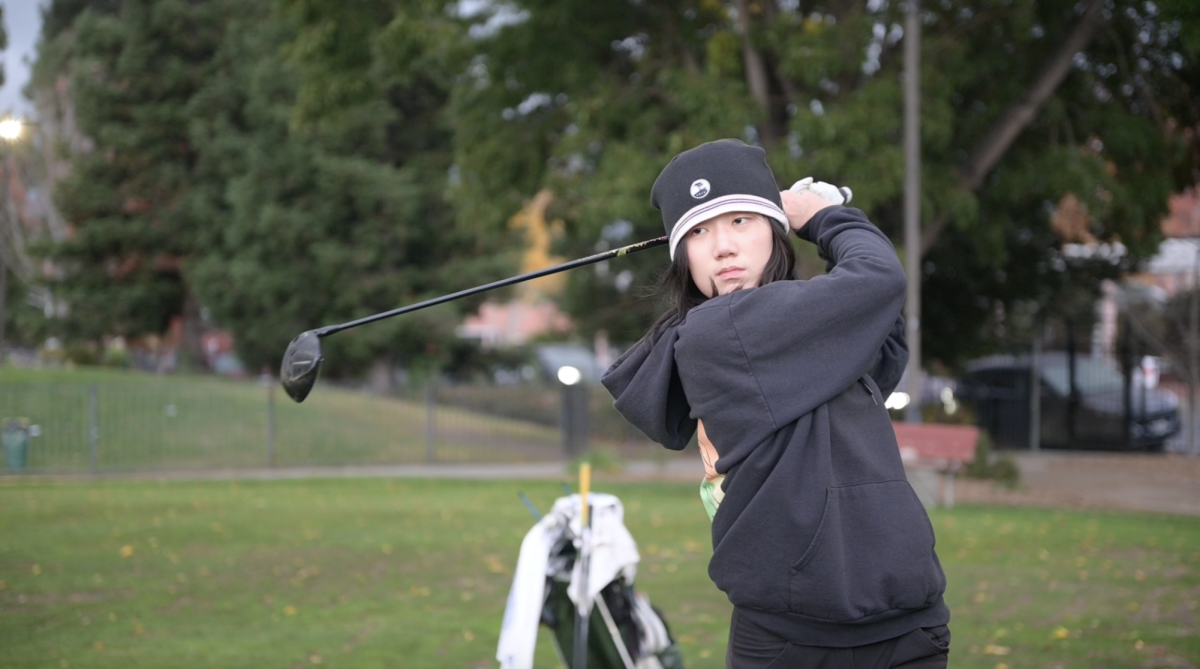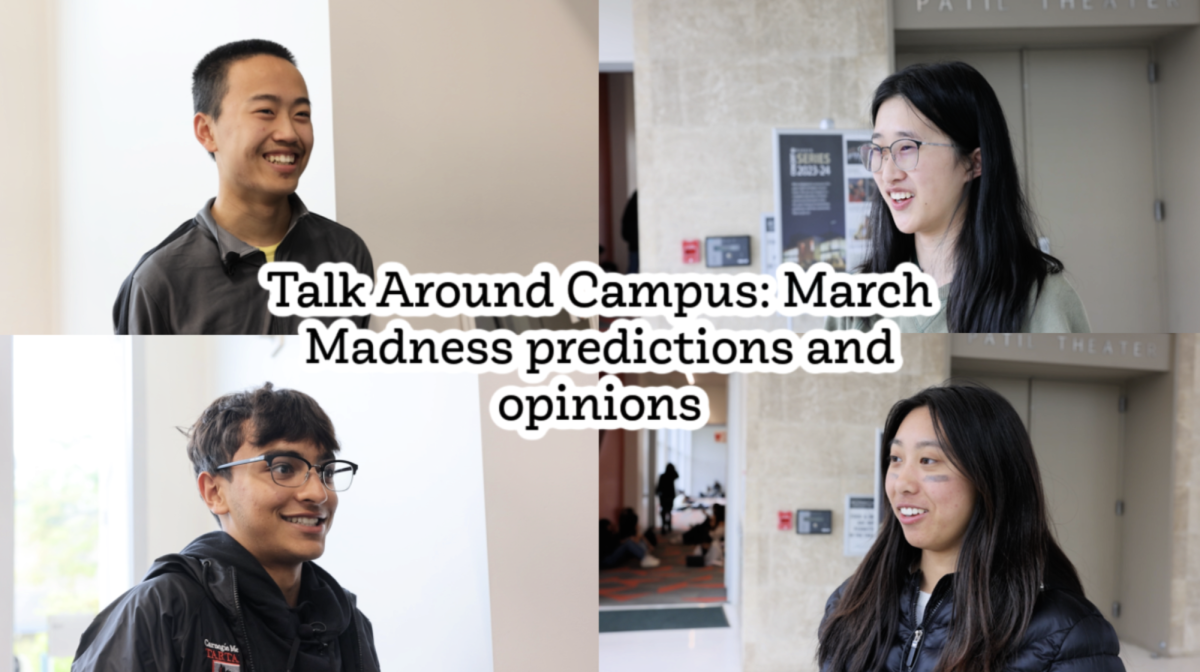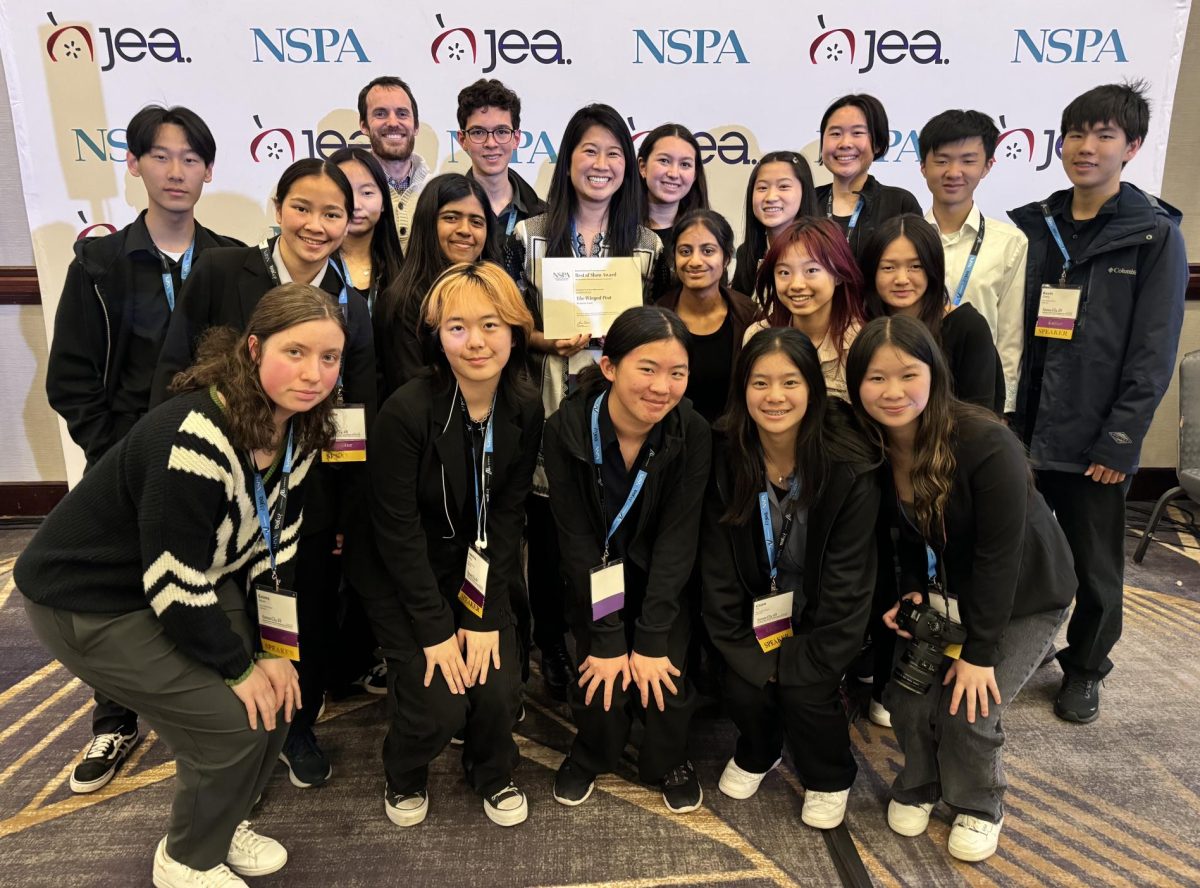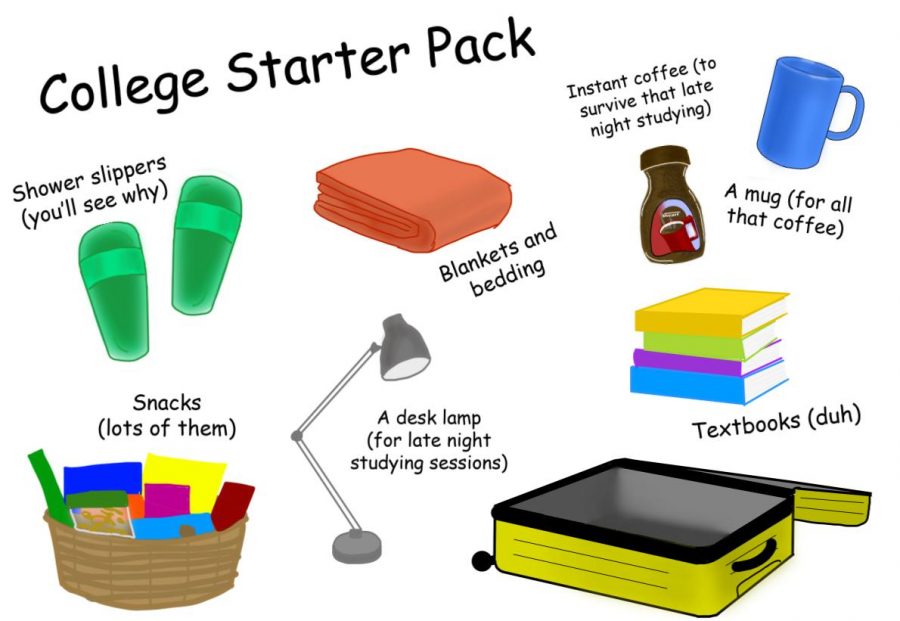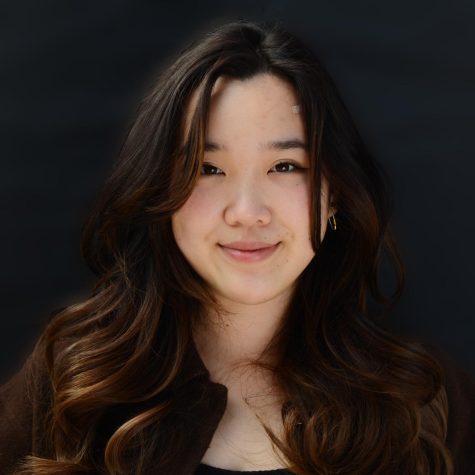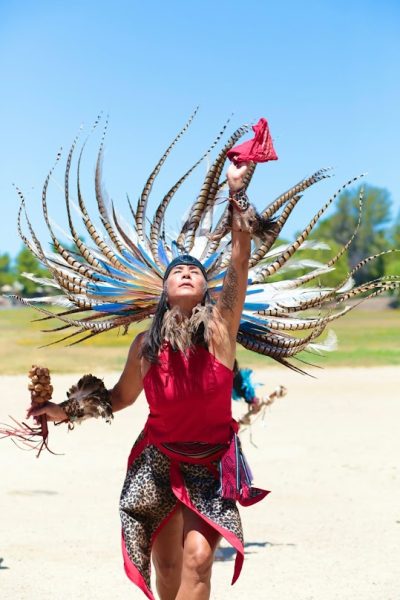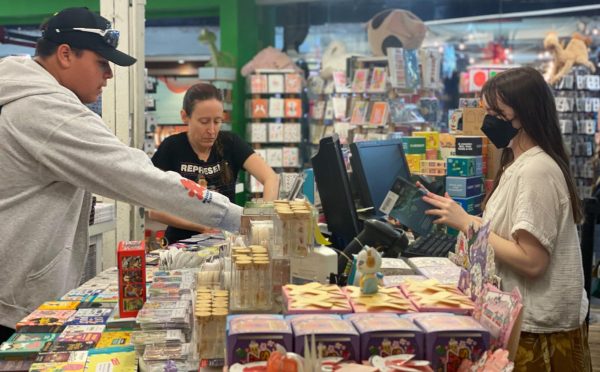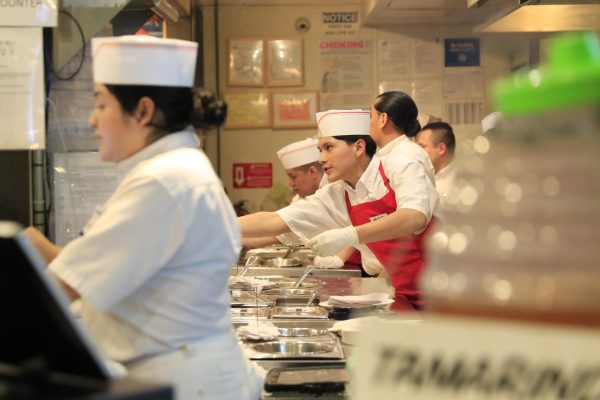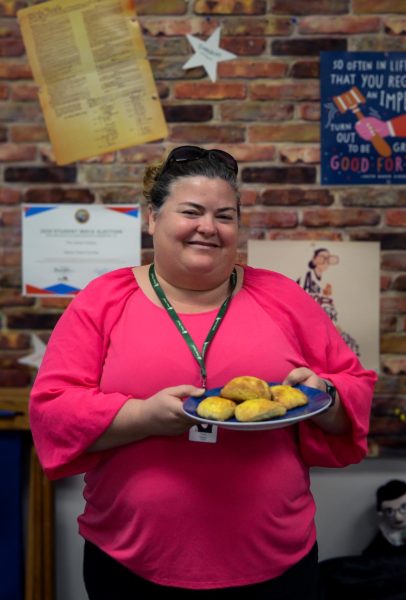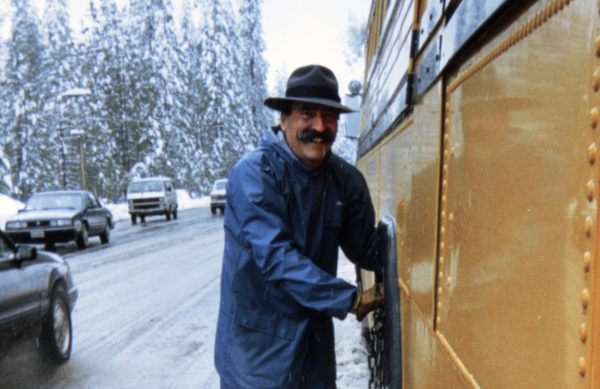College here I come!
Alumni give advice to seniors about what they wish they knew before coming to college
This College Starter Pack lists items seniors might want for college. In this article, alumni offer advice to the seniors about what they wish they knew before coming to college.
May 23, 2019
In just a few months, a quarter of the Harker Upper School population will be heading off to college, into the great beyond. To prepare our beloved seniors for the next stage of their journeys, seasoned alumni shared some words of wisdom that might enrich soon-to-be freshmen’s college experience.
Advice #1: Try everything
With its vast amount of resources all within one campus, college is the time and place to step out of one’s comfort zone and try new hobbies.
For Mikail “Misha” Tseitlin (‘17), a sophomore at Princeton University, his concern about choosing a major inhibited him from following his passions.
“I wish I spent less time worrying about what my major would be and simply exploring what I was interested in,” Misha said. “The only way to truly know if you want to do something is by trying it: generally, the way a discipline functions in the professional sphere is hard to contextualise and even harder to understand if you’ve never done it.”
Jacqueline He (‘18), a freshman at Princeton University, encouraged students to take advantage of the topics offered at college and search for unique courses that may not relate to their future occupation.
“Take classes outside of your career focus, like linguistics or Asian American studies or a seminar on cuisine,” Jackie said. “In no other time nor place would you be able to explore different disciplines so conveniently.”
Advice #2: Manage your time well
One of the new responsibilities college students acquire is the freedom to plan their own courses. Ashwini Iyer (‘15), Georgia Institute of Technology graduate one year out of college, found that having a tight-knit schedule helped her utilize her time to the fullest.
“Don’t have huge breaks in between your classes unless you plan on spending that time for something productive, like a club or a sport, because that time will just go wasted and you’ll end up overwhelmed,” Ashwini said. “You might as well just have your classes as close together as possible and just finish them off.”
Other than allocating time toward academic workloads, college students must also prioritize their mental and physical well-being. University of California, Berkeley junior Evan Lohn (‘16) emphasized the importance of eating three meals a day.
“Make sure you take care of your health, [like] eating and sleeping enough. It’s surprisingly easy to miss meals in college, since it’s generally entirely up to you when and where to eat,” Evan said.
Advice #3: It’s not all about the academics
Although college is the place to pursue a higher level of education, Meilan Steimle (‘17), a sophomore at Stanford University, revealed that being a college student has taught her more about social and personal life than academics.
“Most of what I’ve gotten out of my [college] experience so far hasn’t really been academic,” Meilan said. “I’ve put most of my energy into exploring interests, building relationships and learning to be content with contentment.”
While the academic jump from high school to college might be well known, not many people discuss the social hardships. Alexa Grossman (‘17), a sophomore at Wellesley College, found that the transition from having close friends in high school to developing new friendships in college was more jolting than expected.
“The hardest expectation to come to terms with was my expectation of friendships,” Alexa said. “It was difficult for me to go from having many people I felt I could tell anything to, to not feeling like I had anyone who I could share certain successes, failures, struggles or just random occurrences with in person.”
Advice #4: College is what you make out of it
The process of moving away from a familiar place to a startling new environment and community may seem daunting at first, but ultimately, the college experience will only be what the student chooses it to be.
Julia Wang (‘15), New York University graduate one year out of college, believes that one’s life in college depends on the student’s own decisions.
“There’s a lot of stress and pressure and excitement before going to college, but remember that [college] is just what you make out of it,” Julia said. “Whether you’re super happy or slightly disappointed about where you’re ending up going or even scared to move to a new city, even if things didn’t turn out as you expected, there’s always a silver lining.”































![Setter Emma Lee (9) sets the ball to the middle during the match against Pinewood on Sept. 12. “[I’m looking forward to] getting more skilled, learning more about my position and also becoming better friends with all of my teammates, Emma said.](https://harkeraquila.com/wp-content/uploads/2023/09/DSC_4917-2-1200x795.jpg)








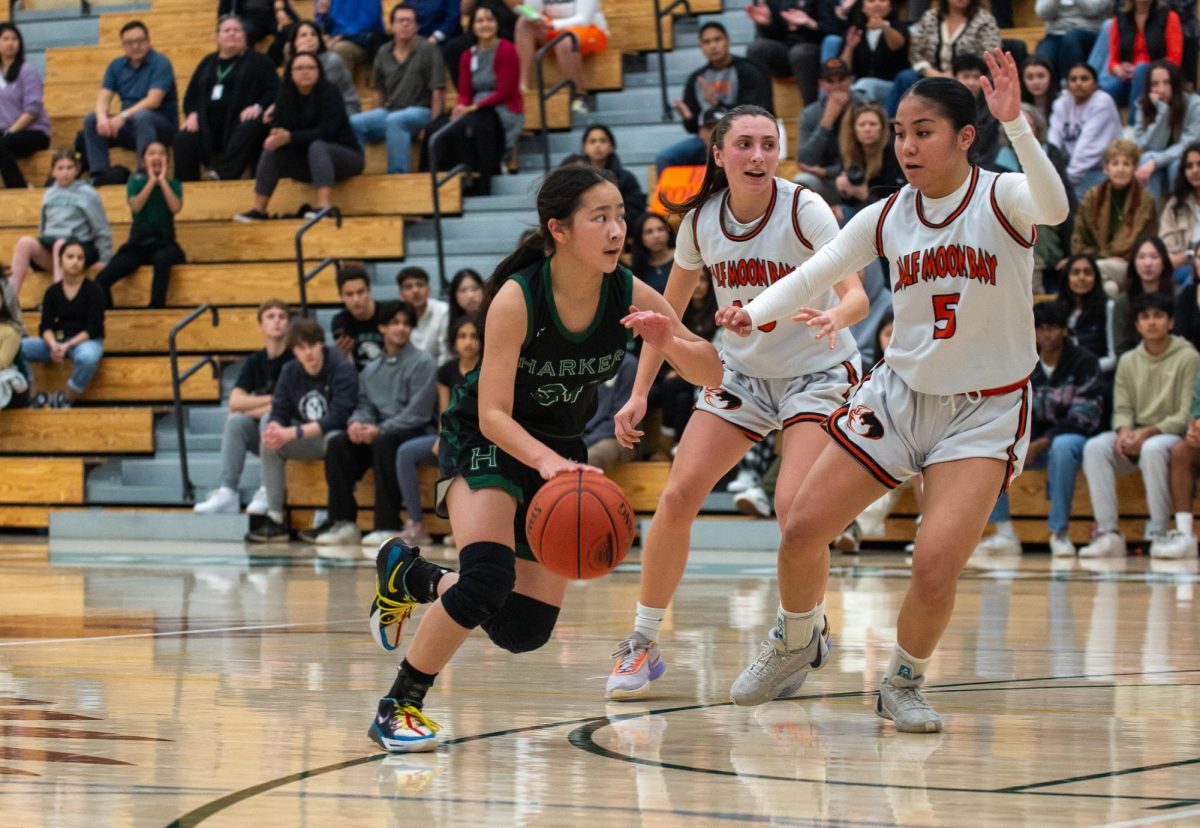























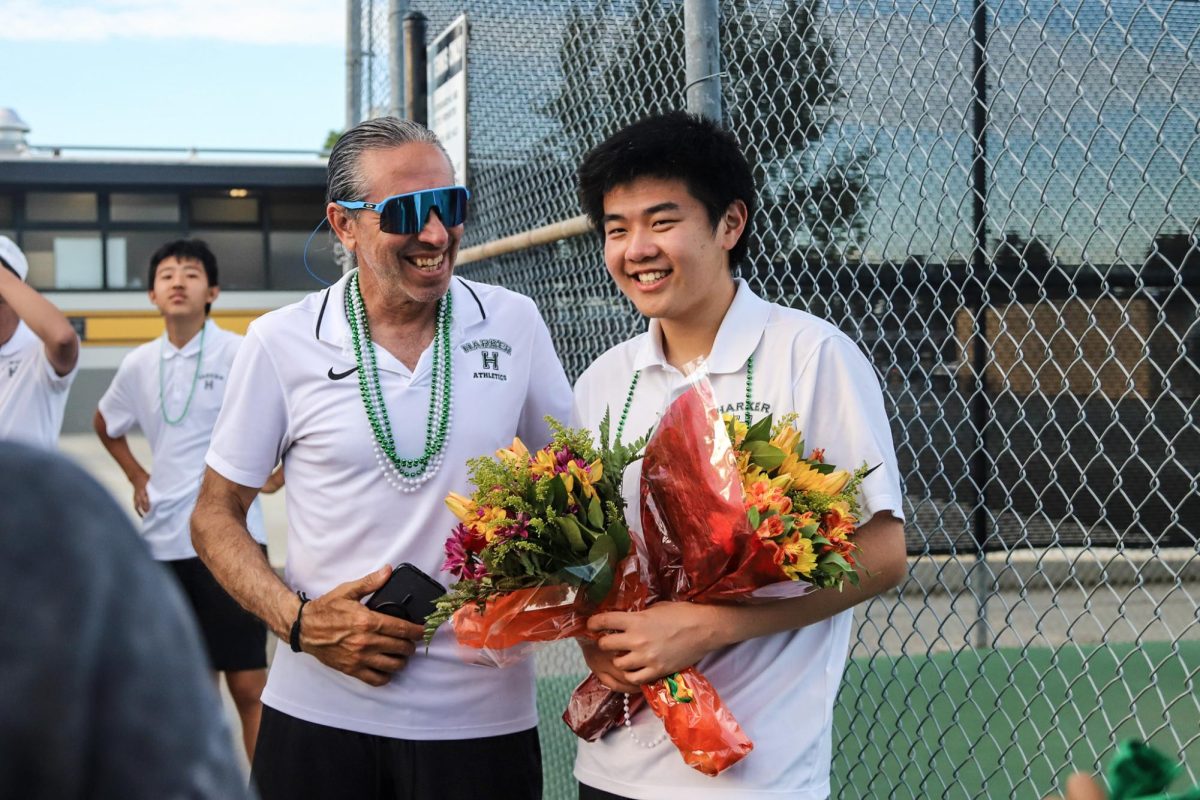
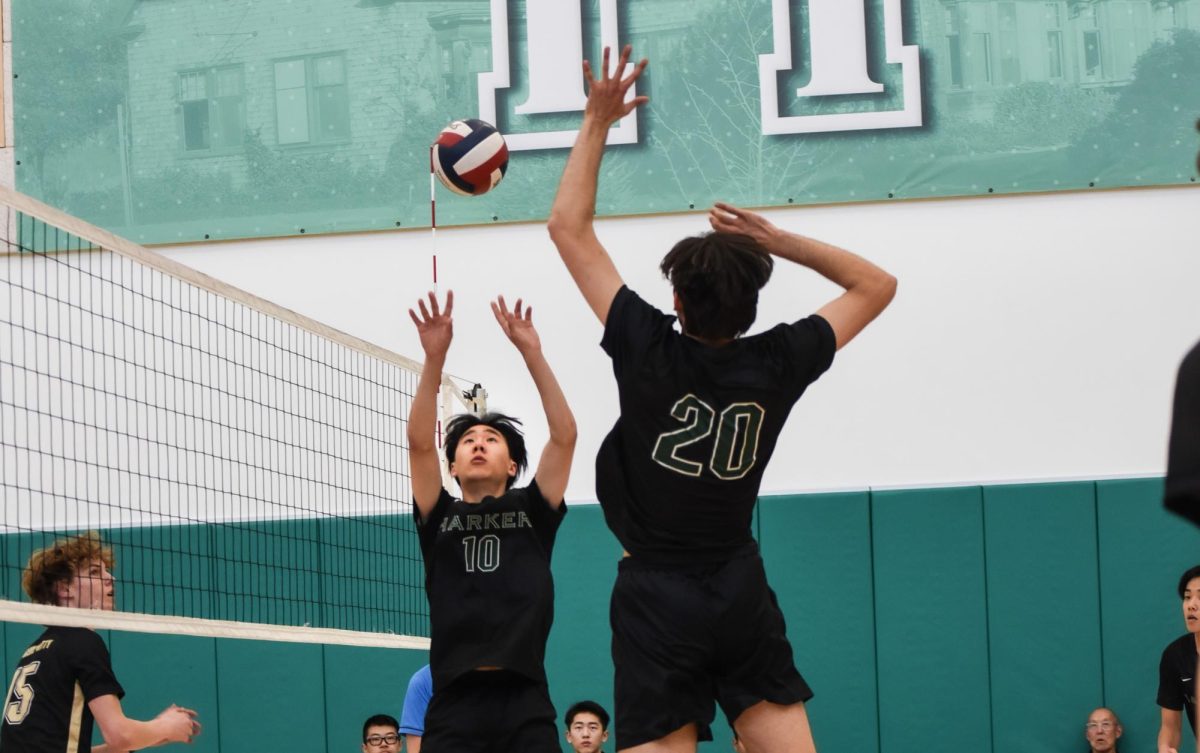
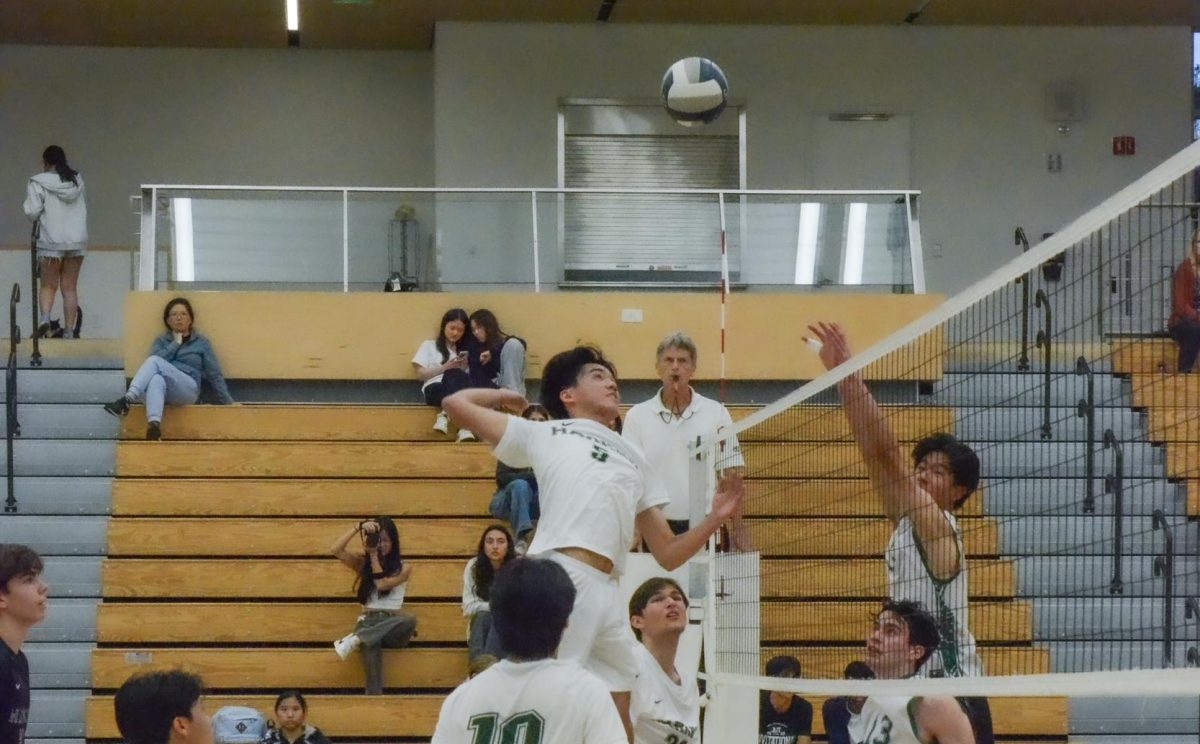
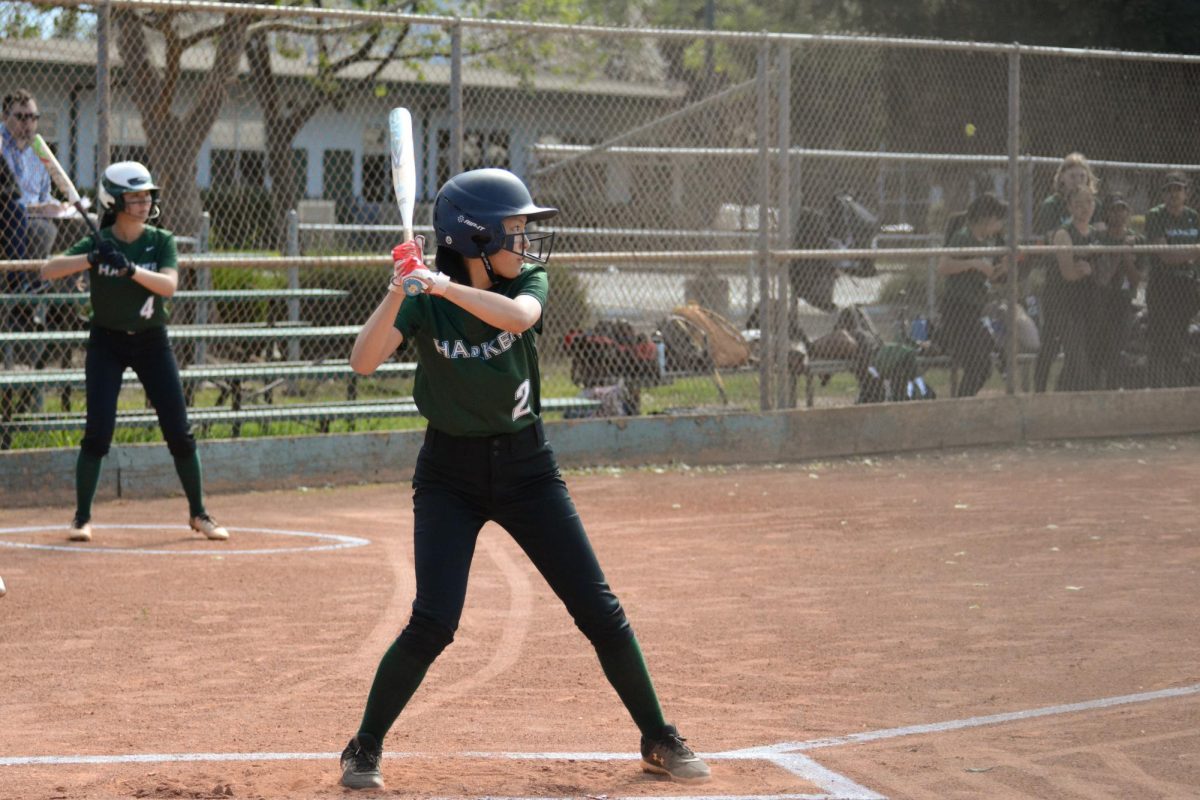
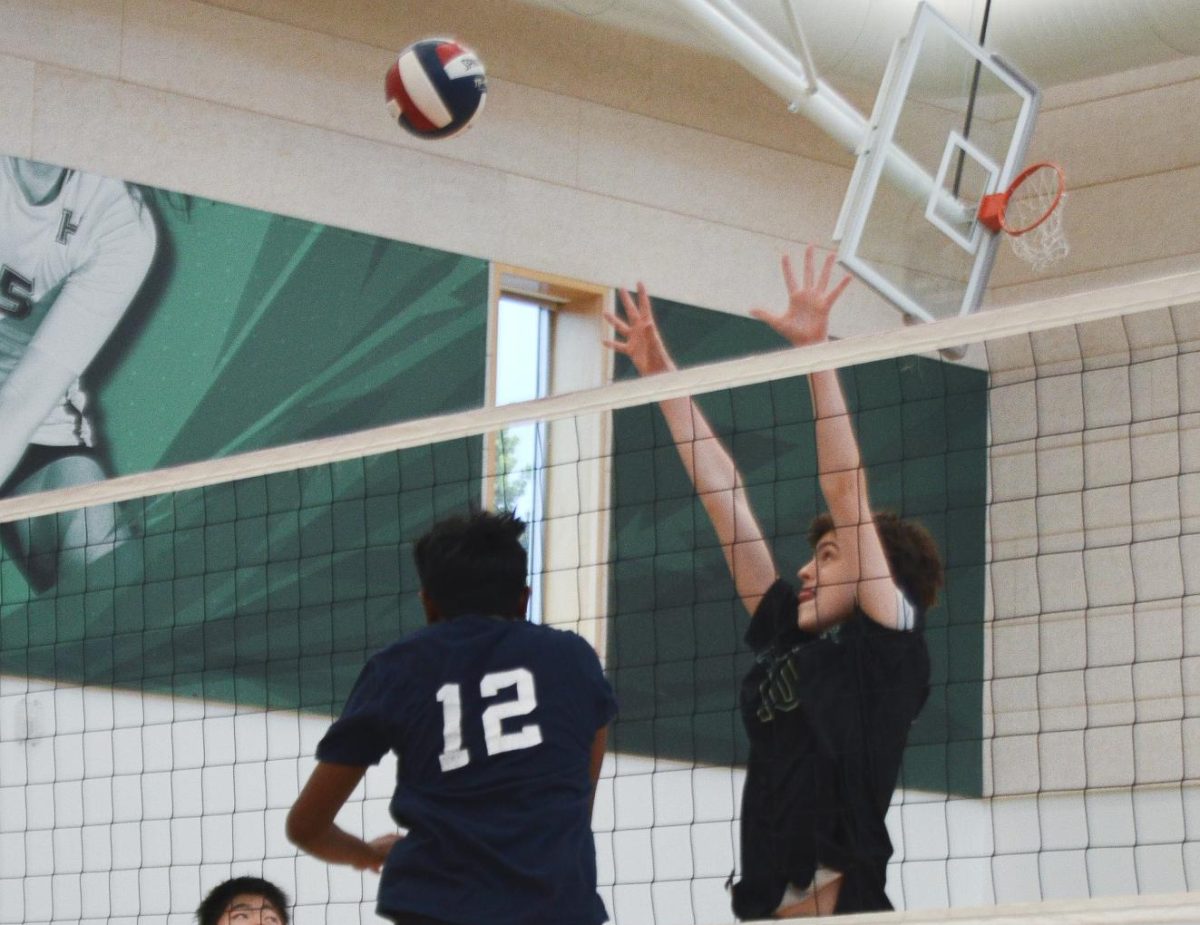



























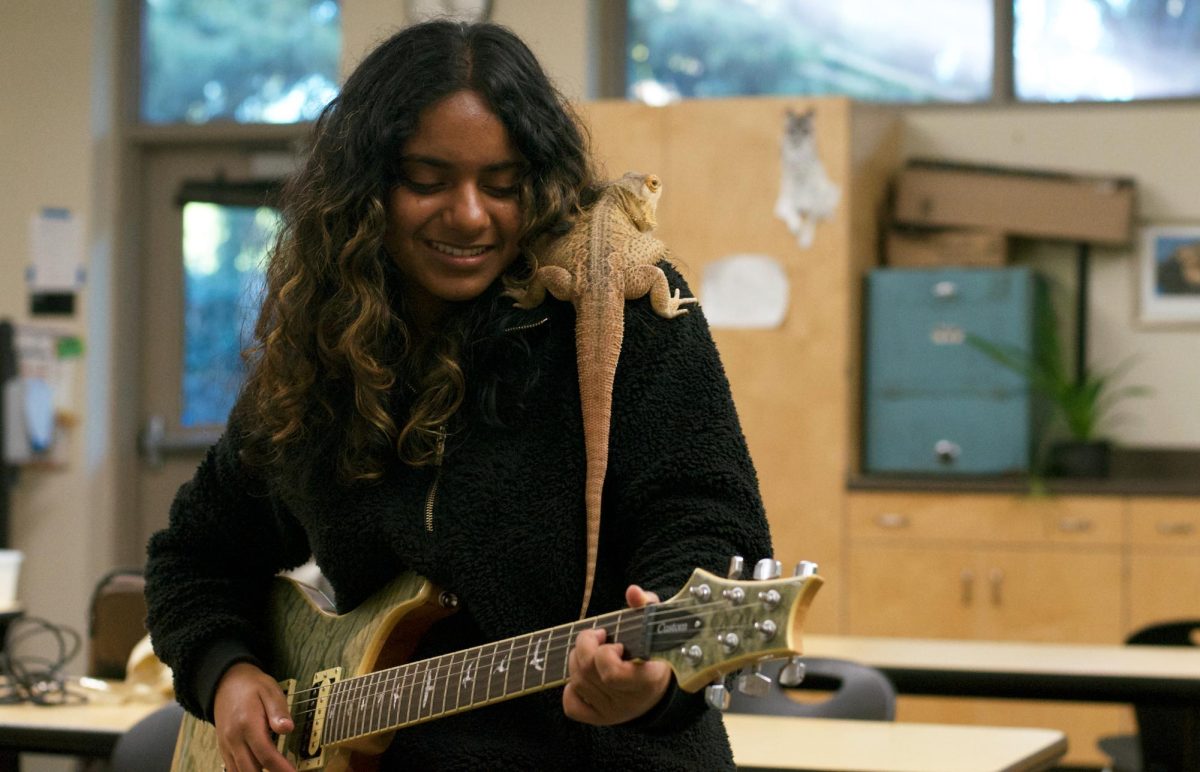
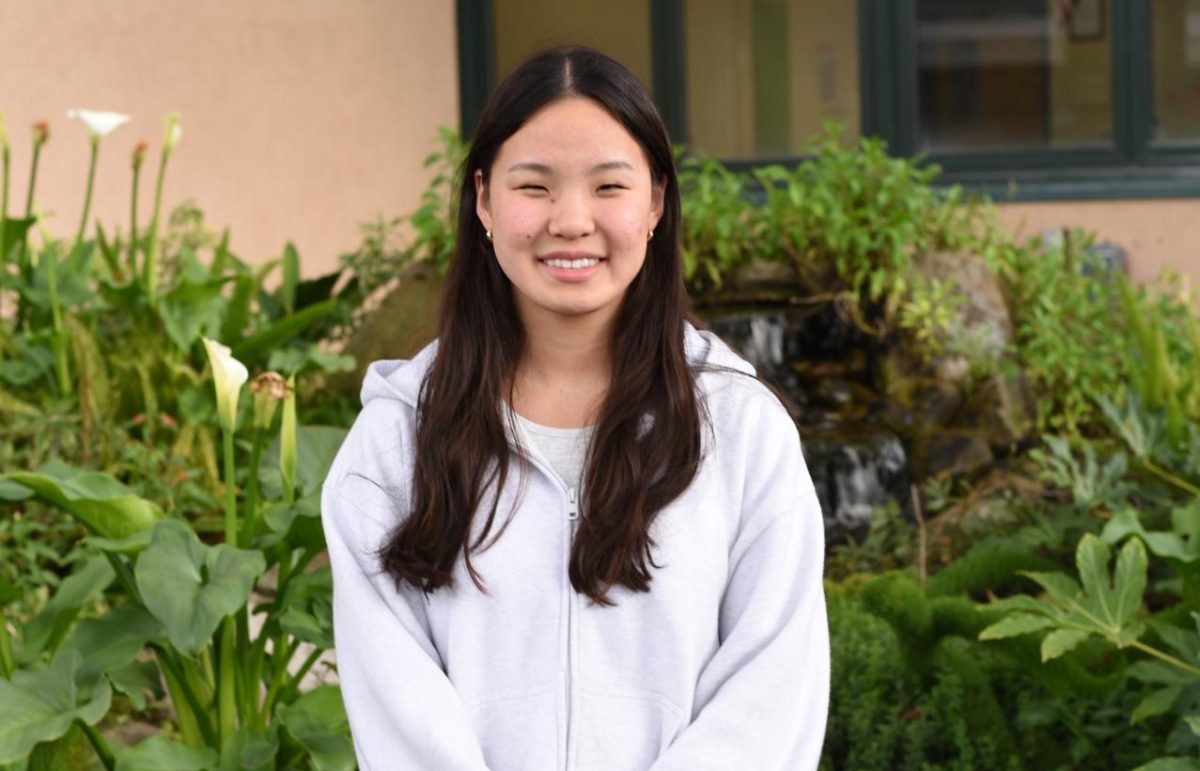

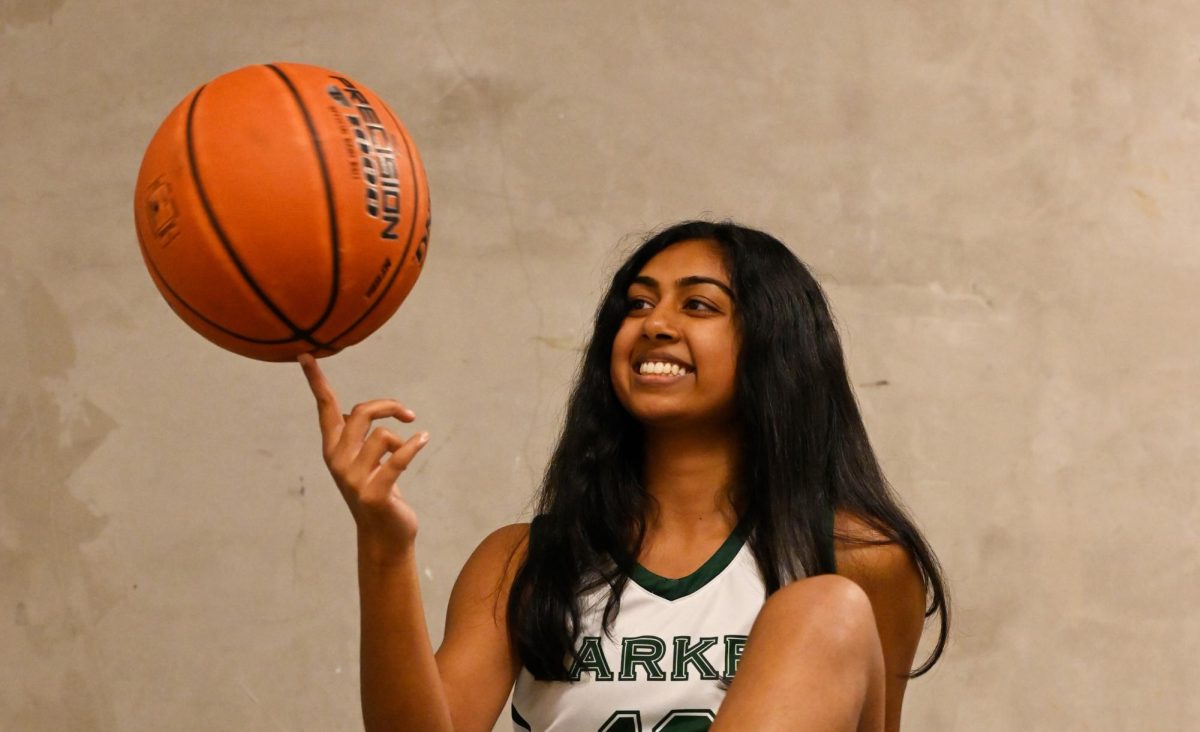

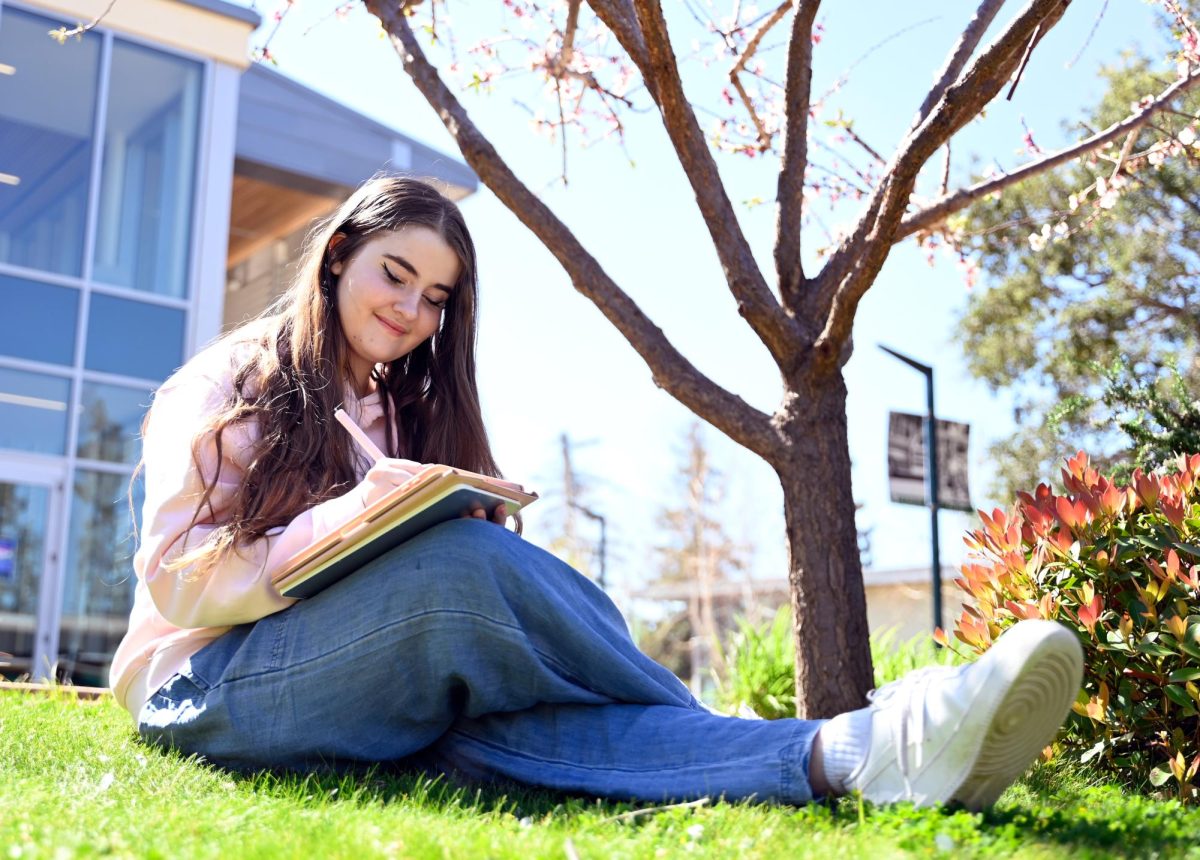








![“[Building nerf blasters] became this outlet of creativity for me that hasnt been matched by anything else. The process [of] making a build complete to your desire is such a painstakingly difficult process, but Ive had to learn from [the skills needed from] soldering to proper painting. Theres so many different options for everything, if you think about it, it exists. The best part is [that] if it doesnt exist, you can build it yourself, Ishaan Parate said.](https://harkeraquila.com/wp-content/uploads/2022/08/DSC_8149-900x604.jpg)


![“Animation just clicked in a way. I had been interested in art, but that felt different. [Animation] felt like it had something behind it, whereas previous things felt surface level. I wasnt making that crazy of things, but just the process of doing it was much more enjoyable, Carter Chadwick (22) said.](https://harkeraquila.com/wp-content/uploads/2022/08/Screen-Shot-2022-08-16-at-9.44.08-AM-900x598.png)


![“When I came into high school, I was ready to be a follower. But DECA was a game changer for me. It helped me overcome my fear of public speaking, and its played such a major role in who Ive become today. To be able to successfully lead a chapter of 150 students, an officer team and be one of the upperclassmen I once really admired is something Im [really] proud of,” Anvitha Tummala (21) said.](https://harkeraquila.com/wp-content/uploads/2021/07/Screen-Shot-2021-07-25-at-9.50.05-AM-900x594.png)



![“[Volleyball has] taught me how to fall correctly, and another thing it taught is that you don’t have to be the best at something to be good at it. If you just hit the ball in a smart way, then it still scores points and you’re good at it. You could be a background player and still make a much bigger impact on the team than you would think,” Anya Gert (’20) said.](https://harkeraquila.com/wp-content/uploads/2020/06/AnnaGert_JinTuan_HoHPhotoEdited-600x900.jpeg)

![“Im not nearly there yet, but [my confidence has] definitely been getting better since I was pretty shy and timid coming into Harker my freshman year. I know that theres a lot of people that are really confident in what they do, and I really admire them. Everyones so driven and that has really pushed me to kind of try to find my own place in high school and be more confident,” Alyssa Huang (’20) said.](https://harkeraquila.com/wp-content/uploads/2020/06/AlyssaHuang_EmilyChen_HoHPhoto-900x749.jpeg)













![“My slogan is ‘slow feet, don’t eat, and I’m hungry.’ You need to run fast to get where you are–you arent going to get those championships if you arent fast,” Angel Cervantes (12) said. “I want to do well in school on my tests and in track and win championships for my team. I live by that, [and] I can do that anywhere: in the classroom or on the field.”](https://harkeraquila.com/wp-content/uploads/2018/06/DSC5146-900x601.jpg)

![“I think getting up in the morning and having a sense of purpose [is exciting]. I think without a certain amount of drive, life is kind of obsolete and mundane, and I think having that every single day is what makes each day unique and kind of makes life exciting,” Neymika Jain (12) said.](https://harkeraquila.com/wp-content/uploads/2017/06/Screen-Shot-2017-06-03-at-4.54.16-PM.png)






